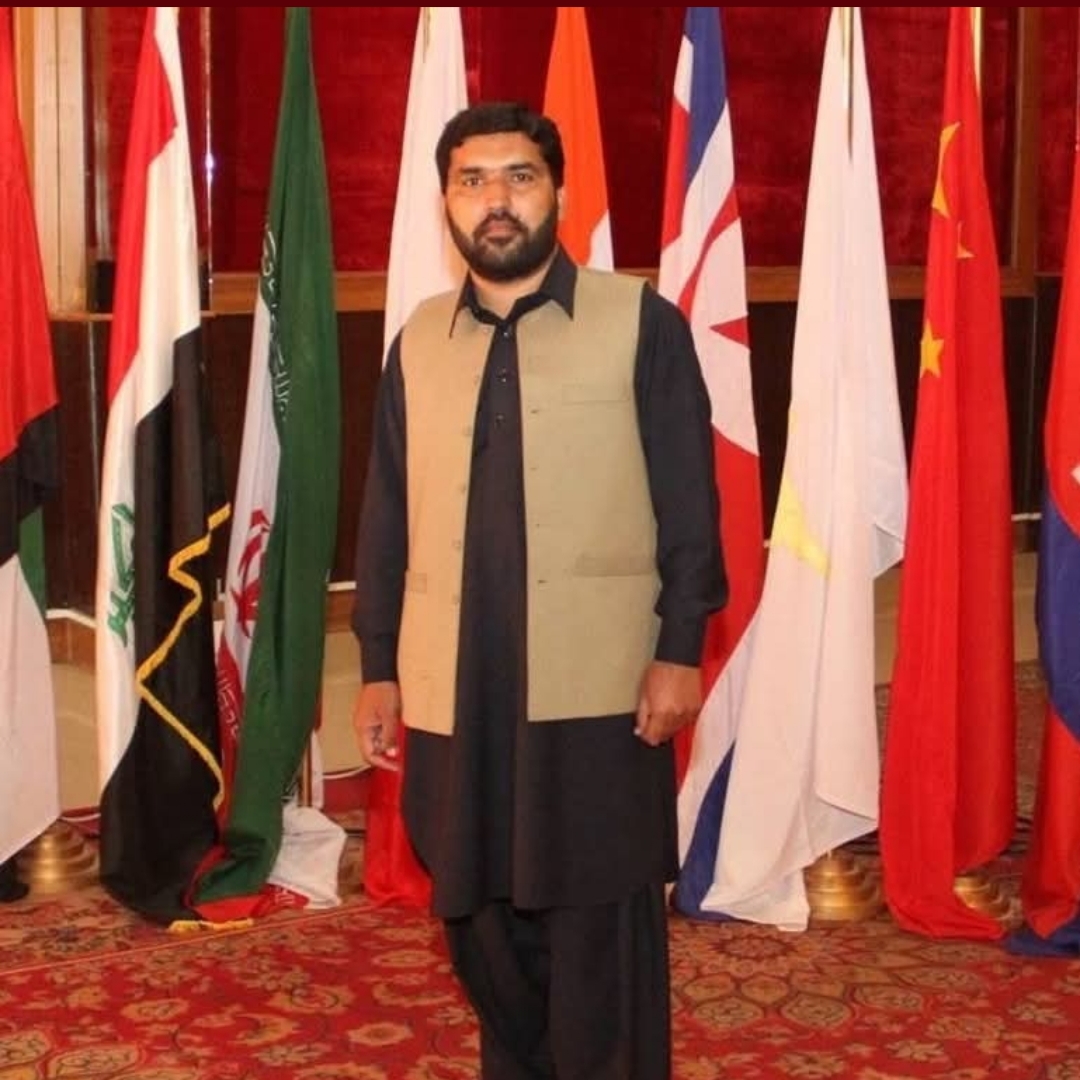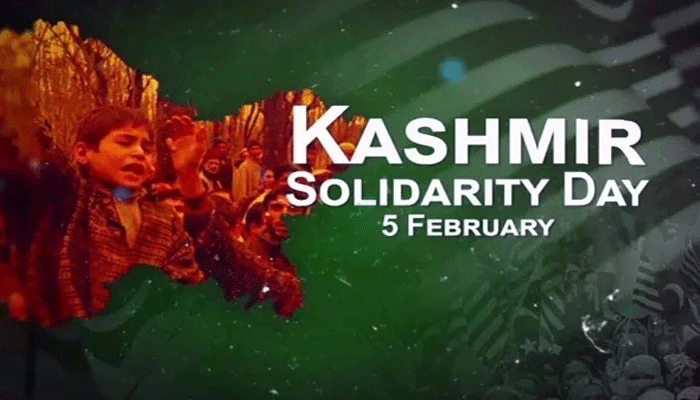Washington D.C.(PNP) U.S. President Donald J. Trump has once again made headlines by expressing his desire to resolve the long-standing and deeply contentious Kashmir dispute between India and Pakistan. In a post shared on his social media platform, Truth Social, Trump indicated his readiness to work with the leadership of both countries to find a peaceful resolution to one of the most volatile conflicts in South Asia.
In his social media statement, Trump wrote, “I will work with India and Pakistan and see if, after thousands of years, a solution can finally be found to the Kashmir dispute.” His remarks have garnered international attention, reigniting discussions around the United States’ potential role in facilitating peace between the nuclear-armed neighbors.

A Renewed Interest in Mediation
This is not the first time President Trump has offered to mediate the Kashmir issue. During his earlier term (2017–2021), Trump made similar statements, suggesting that the U.S. could play a role in resolving the decades-old conflict. However, those offers were met with skepticism and, at times, outright rejection by the Indian government, which maintains that Kashmir is a bilateral issue between India and Pakistan and not subject to third-party mediation.
This time, however, Trump’s tone appeared more collaborative and appreciative of both nations’ recent moves toward de-escalation. In his message, he praised the leadership in New Delhi and Islamabad for their wisdom and resilience. “I am immensely proud of the strong and unwavering leadership of both India and Pakistan,” he said. “Their wisdom, strength, and perseverance in handling this matter have been commendable.”
Praise for Ceasefire and Diplomacy
The President’s message followed an earlier statement posted on the social media platform X (formerly Twitter), where he announced that under U.S. mediation, India and Pakistan had agreed to an immediate and full ceasefire. According to Trump, this breakthrough came after intense diplomatic engagement behind the scenes.
“India and Pakistan have agreed to a complete and immediate ceasefire,” he posted. “This is a huge step forward in ensuring peace and stability in the region.”
Trump’s announcement was met with cautious optimism in diplomatic circles. While both nations have observed periods of calm in the past, ceasefire agreements have historically been fragile and often short-lived due to underlying tensions in the Kashmir valley, which remains one of the most militarized zones in the world.
A Legacy of Peace?
One of the more striking aspects of Trump’s recent statements was his emphasis on the legacy of peace. Addressing both Indian and Pakistani leadership directly, he said, “Your brave actions have strengthened your legacy. I am proud that the United States was able to assist you in reaching this historic and remarkable decision.”
He added that both countries had demonstrated an acute understanding of the dangers posed by continued hostilities. “You fully understood that aggression must stop. Escalation could have resulted in tremendous destruction and the loss of countless innocent lives. Millions of good and innocent people were at risk,” Trump said.
This sentiment aligns with growing international concerns over the humanitarian and security implications of the Kashmir conflict. With both countries possessing nuclear capabilities, any military confrontation in the region could have catastrophic consequences not just locally, but globally.
A Strategic Trade Pivot
Beyond his call for peace, Trump also announced plans to expand trade relations with both India and Pakistan. “I will broaden trade with both these great nations,” he stated, suggesting that economic cooperation could serve as a foundation for long-term peace and mutual prosperity.
Trump’s emphasis on trade is consistent with his broader geopolitical outlook, where economic leverage is often used to facilitate diplomatic outcomes. Increased trade with South Asia could help reduce regional tensions and provide new opportunities for growth and stability.
Experts believe this strategy could offer a positive incentive for both nations to remain committed to peace initiatives. Enhanced economic collaboration might not resolve deep-rooted political disputes, but it could create a more favorable environment for negotiation and conflict resolution.
Historical Background of the Kashmir Conflict
The Kashmir issue dates back to 1947, when British colonial rule ended in the Indian subcontinent and the region was divided into India and Pakistan. The princely state of Jammu and Kashmir, with a majority-Muslim population but a Hindu ruler, became the subject of dispute between the two new nations. The region has since been the focal point of three wars and numerous skirmishes.
Both India and Pakistan claim the region in full but control only parts of it. The Line of Control (LoC) serves as the de facto border, often witnessing exchanges of gunfire, artillery shelling, and infiltration attempts.
In recent years, tensions escalated following India’s abrogation of Article 370 in August 2019, which granted special autonomy to the region of Jammu and Kashmir. Pakistan condemned the move and downgraded diplomatic ties with India. Since then, the situation has remained tense, with both sides occasionally engaging in limited military confrontations.
Global Reactions to Trump’s Statement
International reaction to Trump’s recent statements has been mixed. Some see his involvement as a potentially positive force in bringing both nations to the negotiating table. Others view it as political posturing, especially considering his ongoing campaign for another term in the White House.
In South Asia, responses have been divided along predictable lines. The Pakistani government has traditionally welcomed offers of international mediation, particularly from powerful allies like the United States. In contrast, Indian officials have historically resisted third-party involvement, asserting that all issues with Pakistan must be resolved bilaterally.
However, analysts note that Trump’s praise for both Indian and Pakistani leadership—unusual in its balance and diplomacy—might give his proposal a better reception than his past interventions.
The Road Ahead: Hopes and Challenges
While Trump’s offer has reignited debate over resolving the Kashmir conflict, significant challenges remain. Trust between New Delhi and Islamabad is limited, and domestic political pressures in both countries often prevent meaningful compromise.
Furthermore, the situation on the ground in Kashmir remains volatile. Security forces, separatist groups, and a disaffected population contribute to an atmosphere of mistrust and instability. Any peace initiative must take into account not only diplomatic relations but also the aspirations and grievances of the people living in the conflict zone.
Nevertheless, experts agree that external support—especially from global powers like the United States—can play a crucial role in encouraging dialogue. If Trump’s overtures are backed by genuine diplomatic efforts and not just rhetoric, they could pave the way for renewed engagement between the two rivals.
Final Thoughts
Donald Trump’s renewed interest in the Kashmir conflict has added a new dimension to South Asia’s complex geopolitical landscape. By expressing a willingness to work with both India and Pakistan, he has positioned himself—once again—as a potential mediator in one of the world’s most intractable disputes.
While it remains to be seen whether his efforts will yield concrete results, the President’s public support for peace and trade cooperation offers a glimmer of hope in a region long plagued by violence and mistrust.
Whether Trump’s latest initiative is motivated by genuine concern, political strategy, or a mix of both, the world will be watching closely. One thing is certain: any progress toward peace in Kashmir would be a monumental achievement with global significance.

Naeem Akhtar plays a key role in shaping editorial content and maintaining the highest standards of accuracy and clarity. His dedication ensures that PNP’s coverage remains timely, reliable, and impactful for its readers worldwide.


